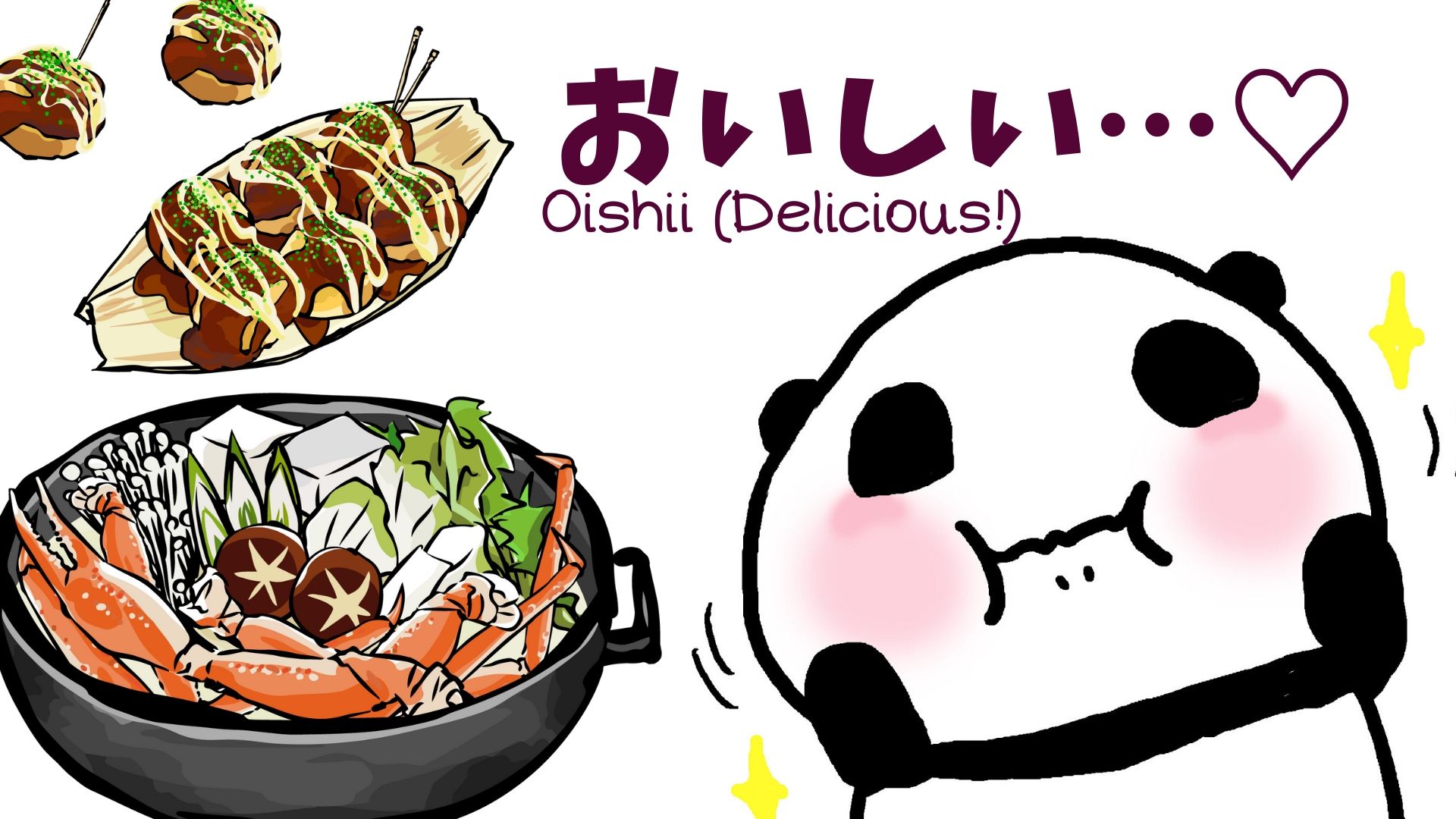Prologue

Image: getyarn.io
Language, like a delicate tapestry, weaves together the threads of our thoughts and emotions, allowing us to convey the intricacies of our experiences. In the vibrant realm of Japanese, there lies a subtle yet evocative term that captures the essence of female empowerment: “oppai.” While often translated as “breasts,” it carries a deeper connotation, embodying the multifaceted beauty and strength of womanhood.
Delving into the Etymology of “Oppai”
The word “oppai” is derived from the Old Japanese term “ohaha,” meaning “big breasts.” Over time, its usage evolved, becoming synonymous with the entirety of the female chest, encompassing both the physical and metaphorical significance. In contemporary Japanese, “oppai” is employed across a spectrum of contexts, ranging from affectionate nicknames to explicit references.
Unveiling the Cultural Significance of “Oppai”
Within Japanese society, “oppai” holds cultural and historical significance. Traditionally, large breasts were viewed as a symbol of fertility and abundance, garnering reverence within the realm of art and literature. In modern times, they continue to be celebrated as a source of beauty and allure, featuring prominently in popular culture and entertainment.
Exploring the Nuances of “Oppai” Usage
The usage of “oppai” in Japanese varies depending on the speaker’s tone and context. In intimate settings, it can convey affection and playfulness. However, in certain situations, it may also be perceived as vulgar or inappropriate. Therefore, it’s crucial to exercise sensitivity and discretion when employing this term.
Harnessing the Power of “Oppai” for Empowerment
Beyond its cultural implications, “oppai” serves as a potent symbol of female empowerment. Recognizing and embracing one’s body as a source of both pride and pleasure is a fundamental aspect of self-acceptance. By reclaiming this term and using it in a positive and respectful manner, women can challenge societal expectations and assert their agency.
Practical Applications of “Oppai”
In addition to its cultural significance, “oppai” finds practical applications in various areas. In the medical realm, it’s employed for accurate communication during examinations or surgeries. In the context of breastfeeding, it can facilitate open and informative discussions about this vital aspect of motherhood.
Expert Insights on the Evolving Usage of “Oppai”
Dr. Asako Konno, a renowned Japanese sociologist, emphasizes the changing attitudes towards the use of “oppai” in contemporary society. She observes a growing acceptance of its usage in certain contexts, reflecting a gradual shift towards greater female empowerment and self-expression.
Actionable Tips for Respectfully Engaging with “Oppai”
To ensure respectful engagement with the term “oppai,” it’s essential to consider the following guidelines:
- Understand the Context: Recognize that the meaning of “oppai” can vary based on the setting and purpose of communication.
- Be Respectful: Treat the term with the same level of respect you would afford other sensitive topics.
- Avoid Objectification: Refrain from using “oppai” in a way that reduces women to mere sexual objects.
Conclusion
The term “oppai” embodies the multifaceted beauty and strength of womanhood, serving as both a symbol of cultural heritage and a powerful tool for female empowerment. By understanding its etymology, cultural significance, and nuanced usage, we can harness its power for positive self-expression and respectful communication. As we navigate the evolving landscape of language, let us embrace “oppai” as a celebration of femininity and a testament to the indomitable spirit of women.

Image: japanesque-cafe.com
How To Say Tits In Japanese